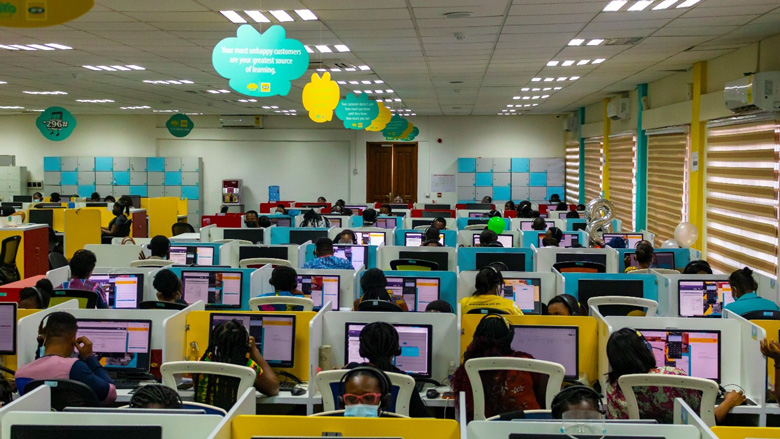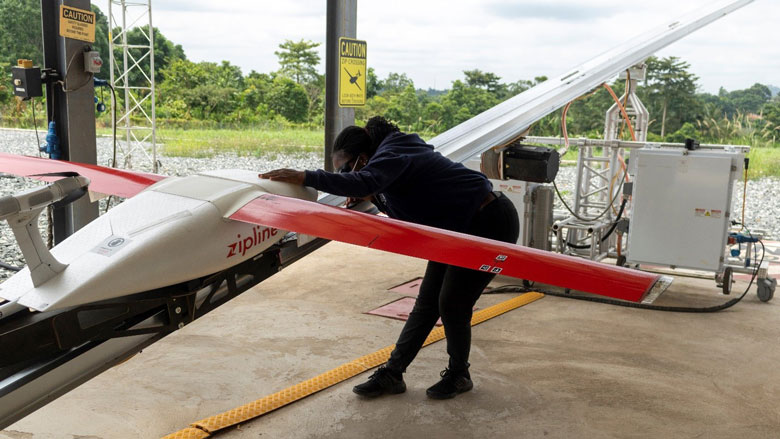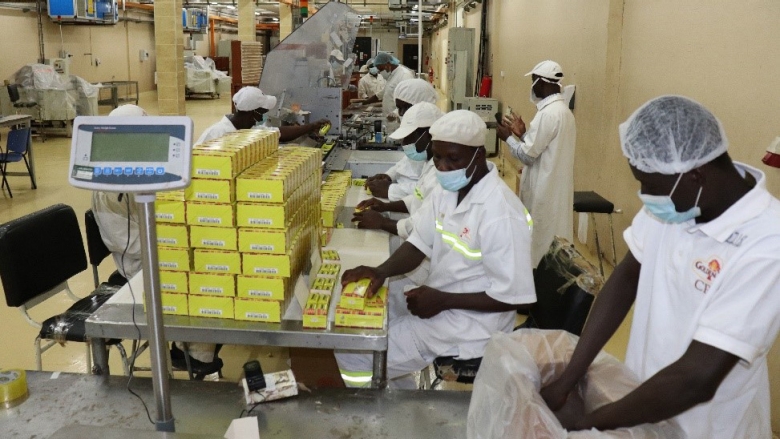ACCRA, November 24, 2021 — Ghana’s economy is dominated by Micro, Small and Medium Enterprises (MSMEs), that struggle to grow, according to the latest Country Economic Memorandum report of the World Bank, for Ghana. The report notes that in 2015, 98% of the country’s businesses were micro or small and 90% were informal.
, says Pierre Laporte, World Bank Director for Ghana, Liberia, and Sierra Leone. “MSMEs also provide important job opportunities for women and young people, meaning that addressing their challenges is a major way to improve inclusion.”
The report notes that as part of the Covid-19 Alleviation and Revitalization of Enterprise Support (CARES) program, the Government of Ghana already plans to expedite digital initiatives, such as the National ID, digital address systems and land records, to digitize fiscal revenue collection as a first step toward a cashless society and improve online education delivery.
The report notes that though Ghana performs well on the availability of digital infrastructure – with high coverage and relatively low costs for mobile internet, fixed broadband is the main barrier to digital technology adoption.



